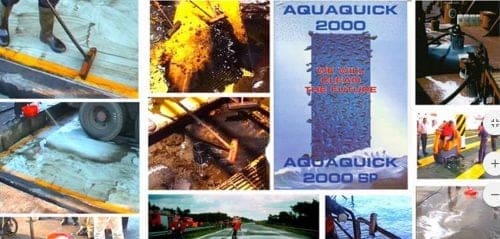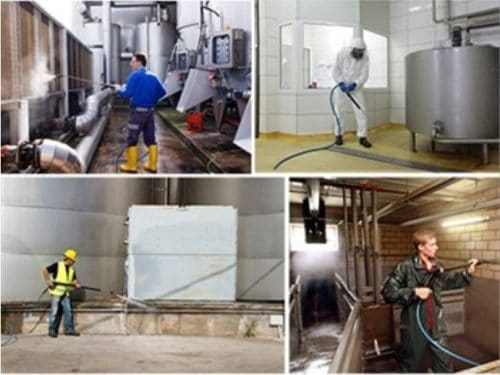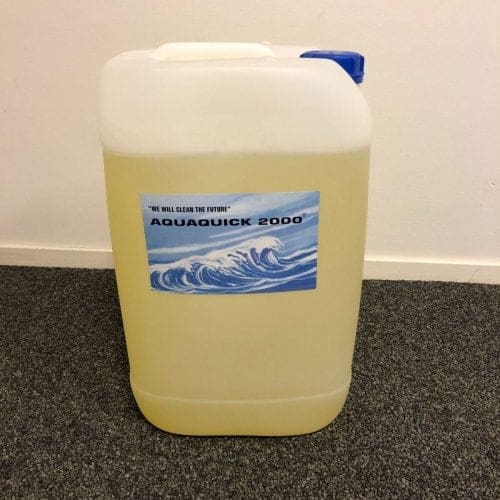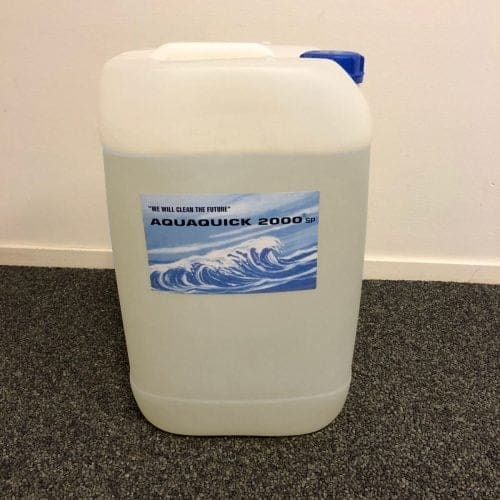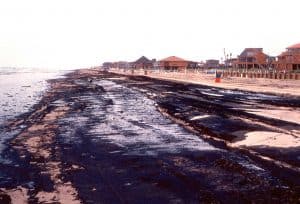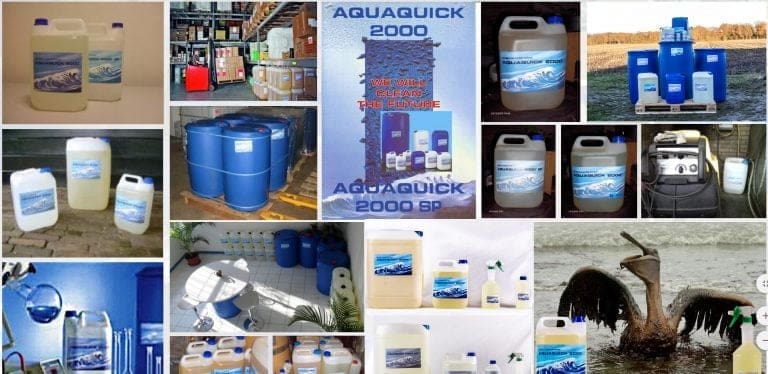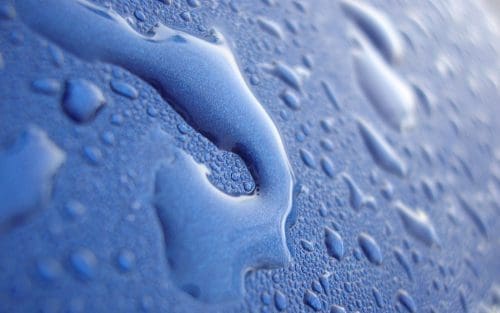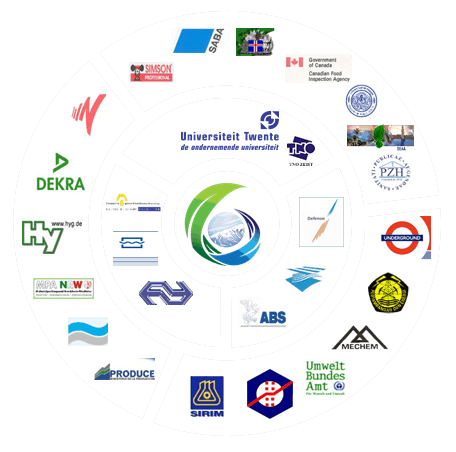发动机漏油是车主面临的最常见但又经常被忽视的问题之一。虽然小的泄漏可能看起来微不足道,但如果被忽视,可能会导致严重的发动机损坏和昂贵的维修费用。了解发动机机油泄漏的原因、风险和解决方案对于保持车辆的性能和使用寿命至关重要。
什么是 发动机 漏油?
当机油从发动机的指定通道或储油罐中漏出时,就会发生机油泄漏。发生这种情况的原因可能是磨损、部件故障或维护不当。泄漏的机油可能积聚在车底或滴落到其他发动机部件上,从而导致各种并发症。
发动机漏油的常见原因
1. 垫圈或密封件损坏
发动机漏油最常见的原因之一是垫片磨损或损坏。垫片和密封件负责将机油保持在发动机内。随着时间的推移,这些部件会因高温、压力和老化而老化。
2. 油底壳松动或破损
油底壳位于发动机底部,可能会因路面碎片或撞击而松动或损坏。油底壳破裂会导致发动机机油大量泄漏。
3. 机油过滤器故障
机油过滤器安装不当或损坏会导致泄漏。在保养期间定期更换机油滤清器有助于防止出现这一问题。
4. 油位过满
向发动机添加过多机油会造成压力过大,迫使机油从密封件和垫圈中流出。请始终遵循制造商推荐的机油量。
5. 磨损的发动机部件
随着时间的推移,发动机部件的磨损会产生细小的裂缝或缝隙,从而导致机油泄漏。定期检查有助于及早发现这些问题。
忽视发动机漏油的风险
忽视发动机机油泄漏会导致多种问题,包括
1. 发动机损坏
机油对发动机部件的润滑至关重要。缺油会导致部件之间相互磨擦,从而造成严重损坏。
2. 环境污染
泄漏的油类会污染地面和水源,对环境造成危害。使用 AQUAQUICK 2000 等环保型解决方案来清理泄漏,可以最大限度地减少对环境的影响。
3. 火灾危险
漏油会滴到发动机的高温部件上,增加起火的危险。
4. 昂贵的维修
小的泄漏很快就会演变成大问题,导致昂贵的维修费用,甚至更换发动机。
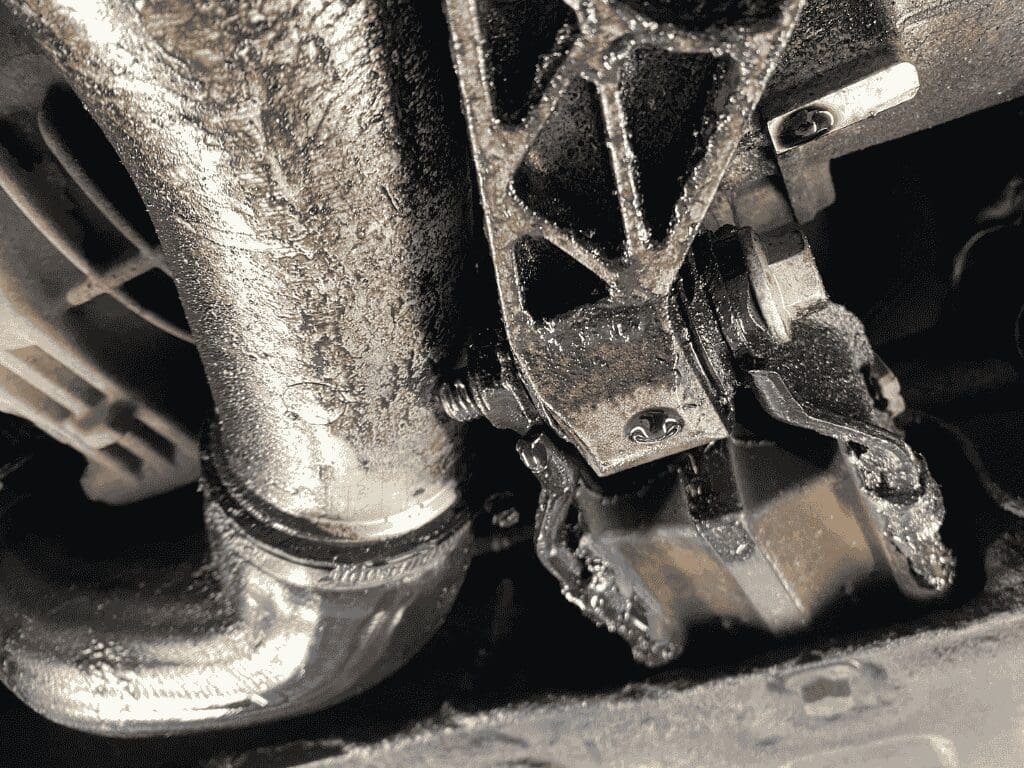
如何识别发动机漏油
1. 检查油坑
停放车辆后,查看车底是否有黑色油渍。
2. 检查发动机
检查发动机是否有明显的漏油迹象,如湿斑或积垢。
3. 监控油位
机油液位经常下降而没有明显原因,可能表明有泄漏。
4. 烧油的气味
如果您发现机油有烧焦的气味,这可能表明机油泄漏到了热的发动机部件上。
如何解决发动机漏油问题
1. 确定来源
查找泄漏源是第一步。检查垫圈、密封件、油底壳和过滤器是否有损坏迹象。
2. 定期维护
定期更换机油和检查有助于在泄漏发生之前就加以预防。根据需要更换磨损的垫圈、密封件和其他部件。
3. 使用优质产品
使用优质机油和过滤器可降低泄漏风险。确保所有部件安装正确。
4. 安全清理溢出物
及时清理泄漏的油类对于防止环境破坏至关重要。 AQUAQUICK 2000是一种可生物降解的环保型除油剂,是清理发动机漏油的最佳选择。它能有效分解机油,是工业和个人使用的可靠解决方案。
5. 寻求专业帮助
如果您自己无法确定或修复泄漏,请咨询专业机械师。他们拥有有效解决问题的工具和专业知识。
防止发动机漏油
1. 定期检查
例行检查有助于在问题变得严重之前发现潜在问题。
2. 正确安装
确保在维护期间正确安装所有部件,包括机油过滤器和垫圈。
3. 避免过度填充
始终遵循制造商关于油位的指导原则,以防止压力过大。
4. 使用环保清洁剂
溢出是不可避免的,但及时、负责任地清理溢出物至关重要。以下产品 AQUAQUICK 2000 其设计目的是在不对环境造成危害的情况下有效地清理油类泄漏。
AQUAQUICK 2000 的作用 在漏油管理中
AQUAQUICK 2000 是一种可生物降解的水基清洁产品,专门用于处理油类泄漏。无论是发动机漏油还是工业溢油,AQUAQUICK 2000 都能提供有效且环保的解决方案。通过分解油分子,它可以确保彻底清洁,同时最大限度地减少对环境的影响。
AQUAQUICK 2000 的主要功能:
- 可生物降解、环保
- 对各种油类有效
- 个人和工业应用均可轻松使用
结论
发动机机油泄漏可能看起来只是一个小小的不便,但其后果却可能非常严重。了解原因、识别风险并采取预防措施可以使您免于昂贵的维修费用和环境破坏。为了有效清理泄漏、 AQUAQUICK 2000 提供了可靠、环保的解决方案。定期维护、适当检查和使用优质产品可以帮助您保持发动机平稳运行,避免机油泄漏带来的隐患。
今天就行动起来,解决发动机机油泄漏问题,为更清洁、更安全的环境做出贡献。

